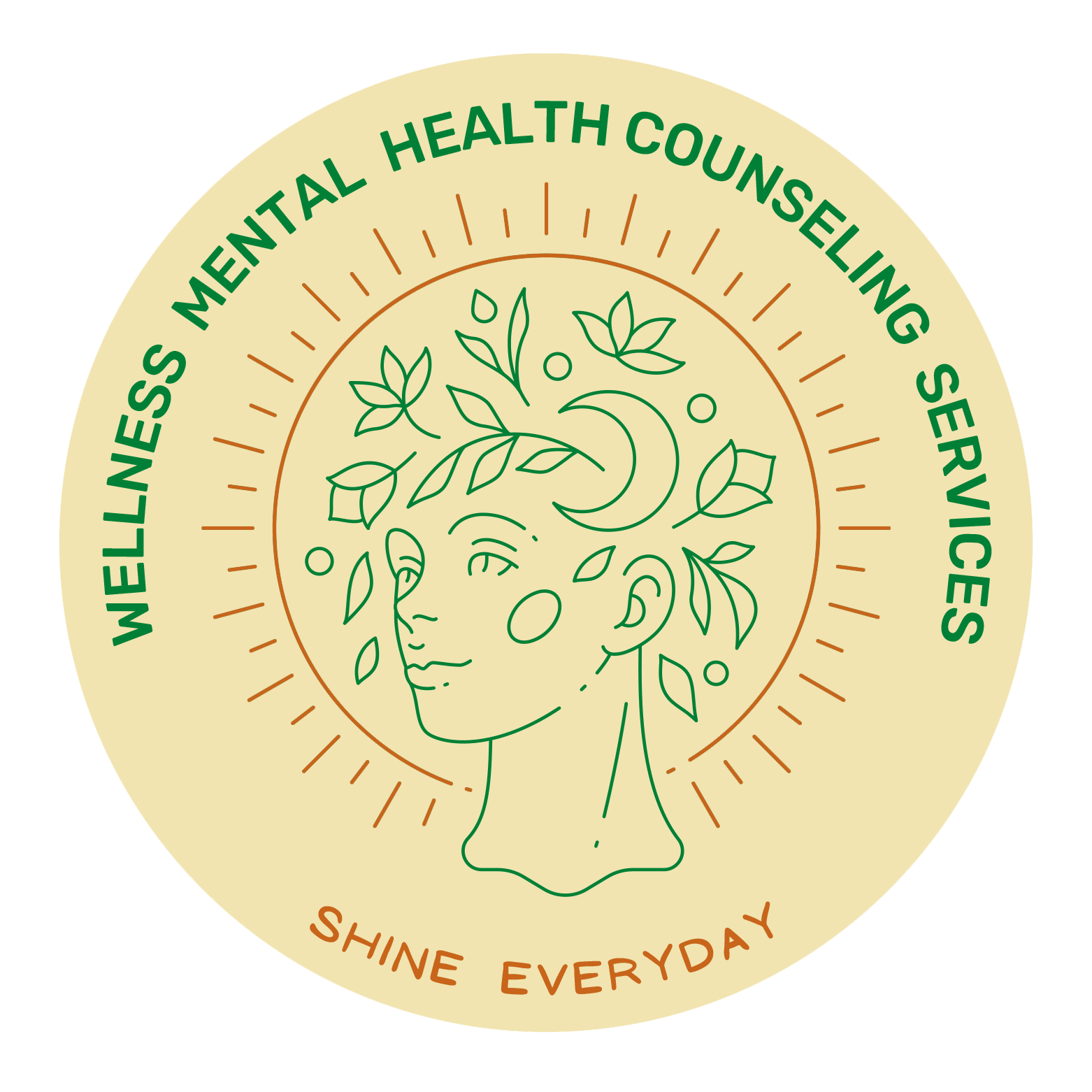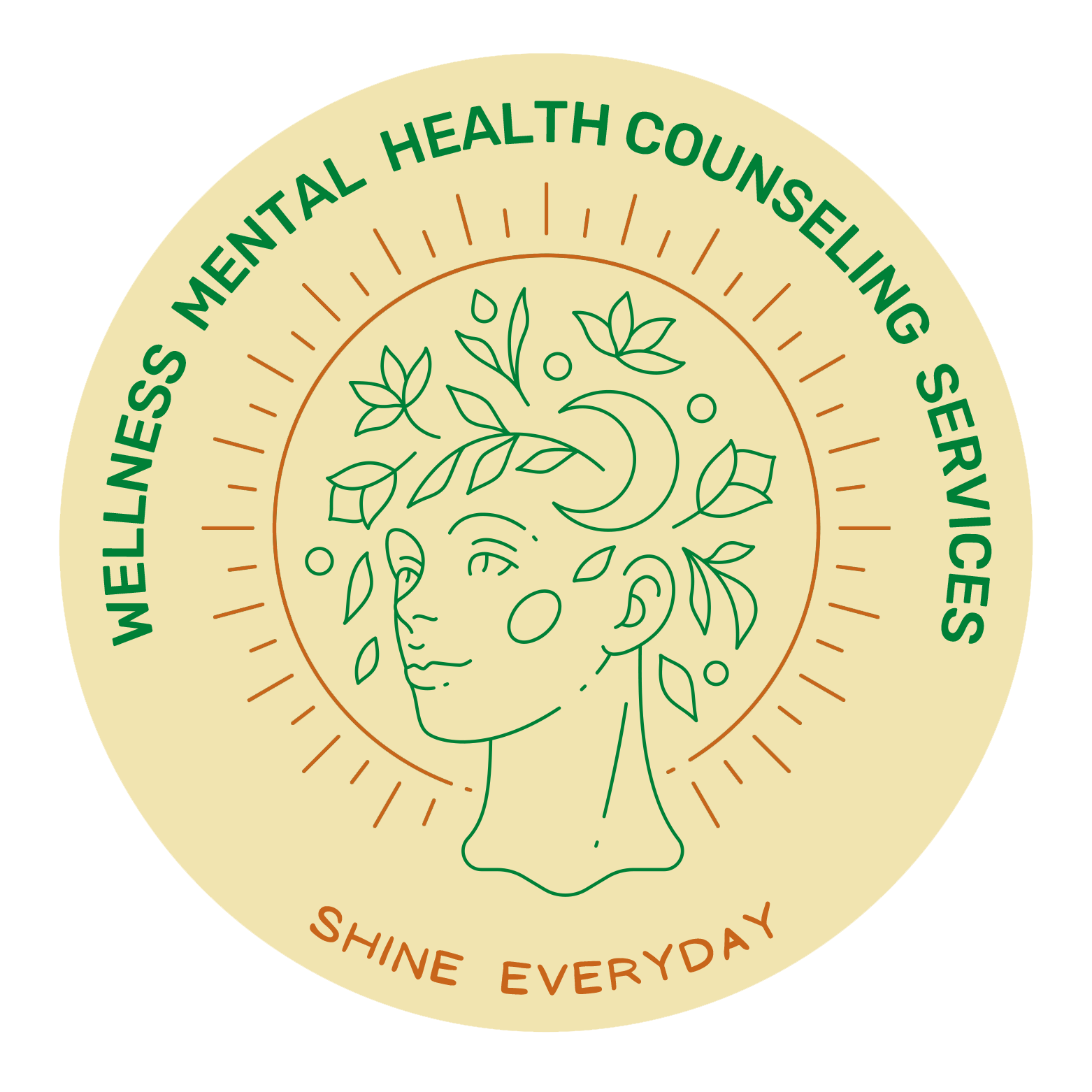Coping Skills for Anxiety.
The use of Cognitive behavioral therapy (CBT) can teach you how to control your anxiety, change or stop negative thoughts, and conquer your fears. Research has shown it to be effective in the treatment of panic disorder, phobias, social anxiety disorder, and generalized anxiety disorder, among many other conditions.
There is no quick fix for anxiety. It takes time and commitment to overcome an anxiety disorder. Therapy involves facing your fears rather than avoiding them, so sometimes you’ll feel worse before you get better.
The important thing is to stick with treatment and follow your therapist’s advice. If you’re feeling discouraged with the pace of recovery, remember that therapy for anxiety is very effective in the long run. You’ll reap the benefits if you see it through.
- Learn about anxiety. In order to overcome anxiety, it’s important to understand the problem. That’s where education comes in. Education alone won’t cure an anxiety disorder, but it will help you get the most out of therapy.
- Cultivate your connections with other people. Loneliness and isolation set the stage for anxiety. Decrease your vulnerability by reaching out to others. Make it a point to see friends, join a self-help or support group, or share your worries and concerns with a trusted loved one.
- Adopt healthy lifestyle habits. Physical activity relieves tension and anxiety, so make time for regular exercise. Don’t use alcohol and drugs to cope with your symptoms, and try to avoid stimulants such as caffeine and nicotine, which can make anxiety worse.
- Reduce stress in your life. Examine your life for stress, and look for ways to minimize it. Avoid people who make you anxious, say no to extra responsibilities, and make time for fun and relaxation in your daily schedule.



